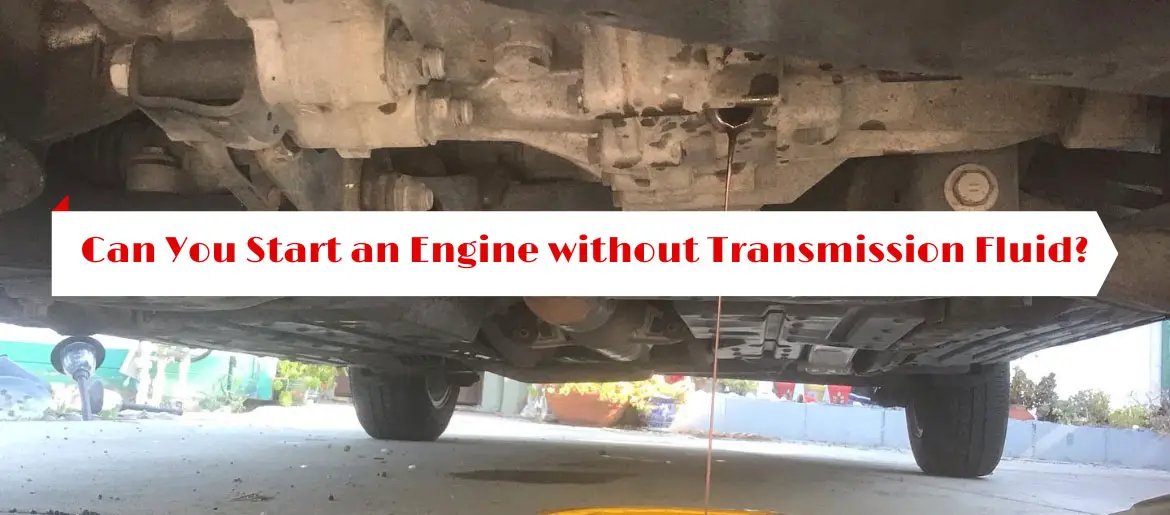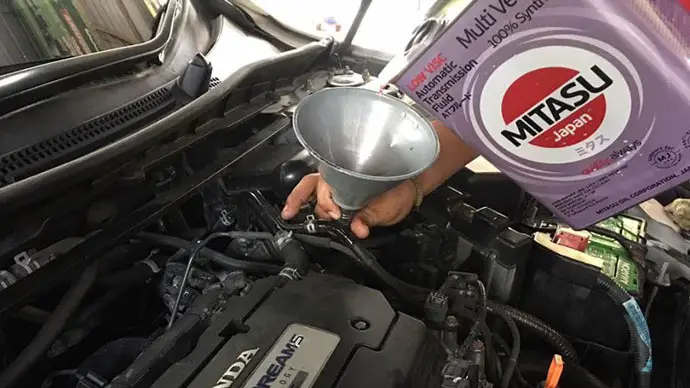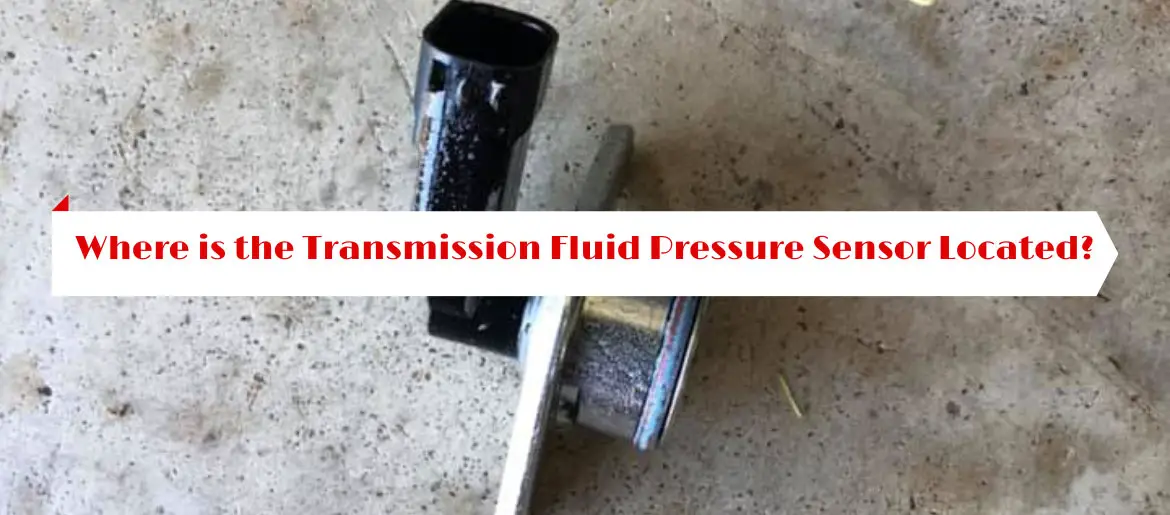Can You Start an Engine without Transmission Fluid? The Surprising Answer
A lot of people seem to think that you can’t start an engine without transmission fluid. However, this is not actually the case. Here I’ll discuss what happens when you try to start an engine without transmission fluid and why it’s such a bad idea.
I’ll also provide some tips on how to prevent damage to your vehicle in the event of a shortage of transmission fluid.
Can You Start an Engine without Transmission Fluid?
Starting an engine without transmission fluid is a bad idea and can cause extensive damage to your vehicle. When you try to start the engine, the gears will grind and cause friction. This friction will generate heat, which can lead to warping and eventually breakage. In addition, the lack of lubrication will cause premature wear on the bearings, seals, and other components.
If you find yourself in a situation where you are low on transmission fluid, it’s important to take measures to prevent damage to your vehicle.
The first thing you should do is check the level of fluid in the reservoir. If it’s low, add more fluid until it reaches the full line. If the fluid is empty, do not attempt to start the engine. You will need to have the system flushed and refilled by a professional. In the meantime, you can start the engine and drive slowly to the nearest service station.
Preventing a shortage of transmission fluid is the best way to avoid damaging your vehicle. Make sure to check the level regularly and top off the fluid as needed. You should also have the system flushed and refilled every 30,000 miles or so.

Can You Drive a Car Without Transmission Fluid?
No, you cannot drive a car without transmission fluid. Transmission fluid is essential for the proper functioning of your vehicle’s transmission. Without transmission fluid, the gears will grind and cause friction. This friction will generate heat, which can lead to warping and eventually breakage.
What Happens If You Drive Without Transmission Fluid?
If you drive without transmission fluid, the gears will grind and cause friction. This friction will generate heat, which can lead to warping and eventually breakage.
In addition, the lack of lubrication will cause premature wear on the bearings, seals, and other components. If you find yourself in this situation, it’s important to take measures to prevent further damage to your vehicle.
How Long Can You Drive Without Transmission Fluid?
You should not drive without transmission fluid for more than a few minutes. Doing so can cause extensive damage to your vehicle.

People Also Ask
Can you idle the engine with no transmission fluid?
If your car has an automatic transmission, the answer is no. If your car has a manual transmission, the answer is maybe.
If your car has an automatic transmission, the transmission fluid is what keeps the gears lubricated. If you don’t have any transmission fluid, the gears will grind against each other and eventually break.
If your car has a manual transmission, you might be able to get away with idling the engine without any transmission fluid. The gears will grind against each other, but they’re designed to do that. However, it’s not a good idea to do this for long because eventually the gears will wear down and break.
How long will a transmission run without fluid?
If your transmission is low on fluid, it will run for a shorter period of time before failing. Transmissions require fluid to keep the gears lubricated and to prevent overheating. If your transmission is running low on fluid, it is recommended that you add more as soon as possible.
Can you drive a car without a transmission dipstick?
A transmission dipstick is not required in order to drive a car, but it is highly recommended. The transmission dipstick helps to ensure that the transmission fluid levels are correct and helps to prevent transmission problems.
Without a transmission dipstick, you would have to guess at the transmission fluid level, and if the level is too low, it could cause transmission problems. The transmission dipstick is a small, but important, part of your car, and it is well worth the few minutes it takes to check it.
What are the symptoms of no transmission fluid?
The symptoms of no transmission fluid can vary depending on the vehicle, but may include: gears slipping, gears grinding, delayed engagement and transmission overheating.
If your vehicle has any of these symptoms, it’s important to have it checked out by a mechanic as soon as possible. Transmission fluid is vital for the proper operation of your vehicle’s transmission, and if it’s low or empty, it can cause serious damage.
Conclusion
In conclusion, it is not advisable to start an engine without transmission fluid. Doing so can cause extensive damage to your vehicle. If you find yourself in this situation, it’s important to take measures to prevent further damage to your vehicle.



